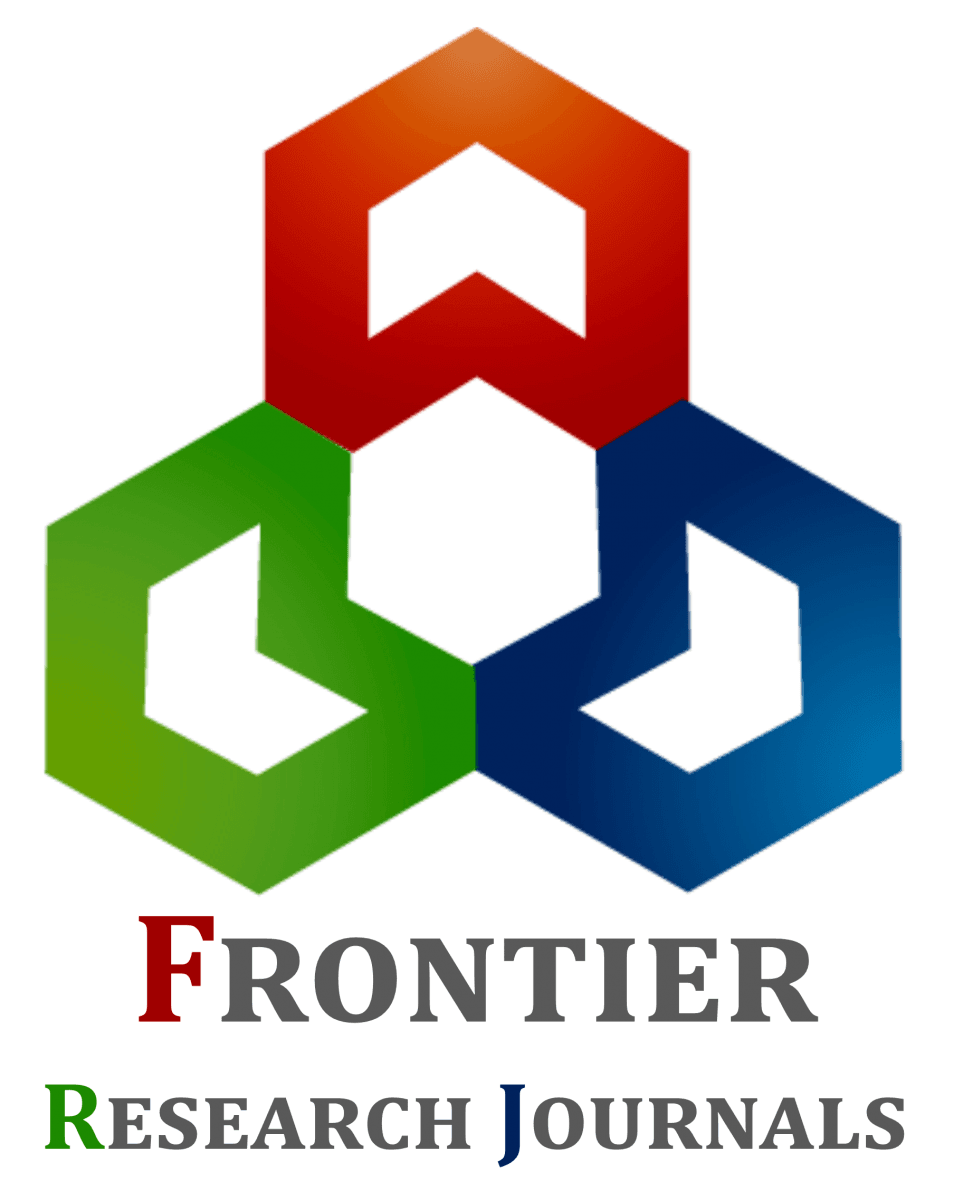Blockchain-enhanced financial transparency: A conceptual approach to reporting and compliance
1 Independent Researcher, Canada.
2 Independent Researcher, Toronto, Ontario, Canada.
3 Independent Researcher, NJ, United States of America.
Review
International Journal of Frontiers in Science and Technology Research, 2022, 02(01), 024-045.
Article DOI: 10.53294/ijfstr.2022.2.1.0027
Publication history:
Received on 19 January 2022; revised on 24 February 2022; accepted on 27 February 2022
Abstract:
The increasing demand for financial transparency and compliance has driven the adoption of innovative technologies to improve reporting systems. This paper proposes a conceptual framework for blockchain-enhanced financial transparency, emphasizing its transformative potential in ensuring accountability, accuracy, and regulatory compliance. Blockchain technology, with its decentralized, immutable, and secure ledger system, offers significant advantages in addressing challenges associated with traditional financial reporting and compliance mechanisms. The proposed framework focuses on integrating blockchain into financial reporting processes to create a tamper-proof environment for data management and transaction validation. Key components include real-time data sharing, automated compliance checks through smart contracts, and enhanced traceability of financial transactions. These features reduce the risks of fraud, errors, and misreporting while increasing stakeholders’ trust in financial disclosures. Additionally, the immutable nature of blockchain ensures an accurate historical record of financial activities, facilitating seamless audits and regulatory reviews. The research also explores the potential for interoperability between blockchain platforms and existing financial systems, enabling seamless integration without disrupting organizational workflows. The use of tokenization for asset representation and reporting simplification is examined, alongside strategies for ensuring scalability and efficiency in blockchain networks. Furthermore, the study highlights the role of artificial intelligence (AI) in analyzing blockchain-stored data to provide actionable insights and enhance decision-making. Challenges such as regulatory uncertainties, technological adoption barriers, and data privacy concerns are critically analyzed. Proposed solutions include developing industry standards, fostering regulatory collaborations, and adopting hybrid blockchain models to balance transparency with confidentiality. The study concludes that blockchain-enhanced financial transparency offers a robust framework for transforming financial reporting and compliance practices. It underscores the need for cross-industry collaboration and strategic investment to harness blockchain’s full potential in creating a secure and transparent financial ecosystem.
Keywords:
Blockchain Technology; Financial Transparency; Regulatory Compliance; Smart Contracts; Real-Time Reporting
Full text article in PDF:
Copyright information:
Copyright © 2022 Author(s) retain the copyright of this article. This article is published under the terms of the Creative Commons Attribution Liscense 4.0
